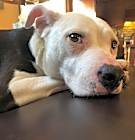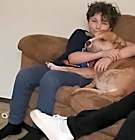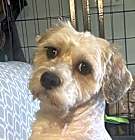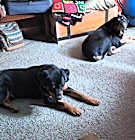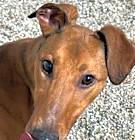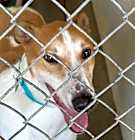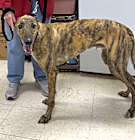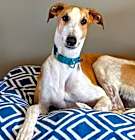Norfolk Terriers stop growing in height around eight to nine months old, although they can continue to fill out until they’re about 12 months old. Growth plates, which are the areas of developing cartilage at the ends of their long bones, close as they approach their full height, signaling the end of their rapid growth phase.
You can start transitioning them to adult food around nine months old, as their nutritional needs change once their growth slows down. Just make sure to slowly switch food over the course of a week and consult your vet to ensure the timing is right for your individual pup.




